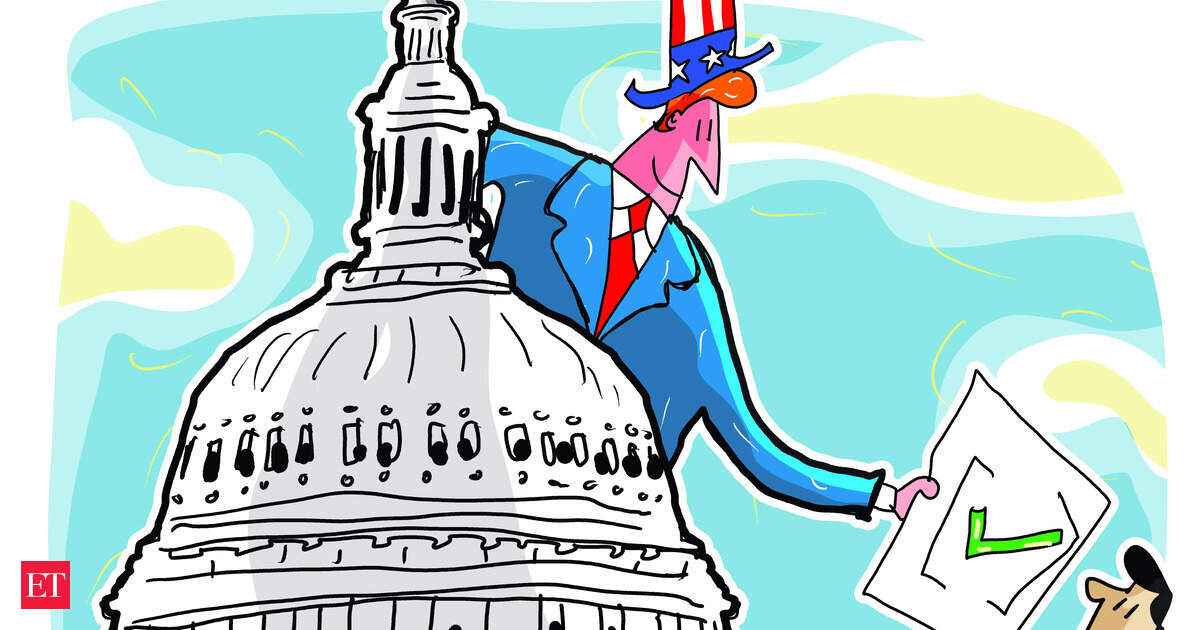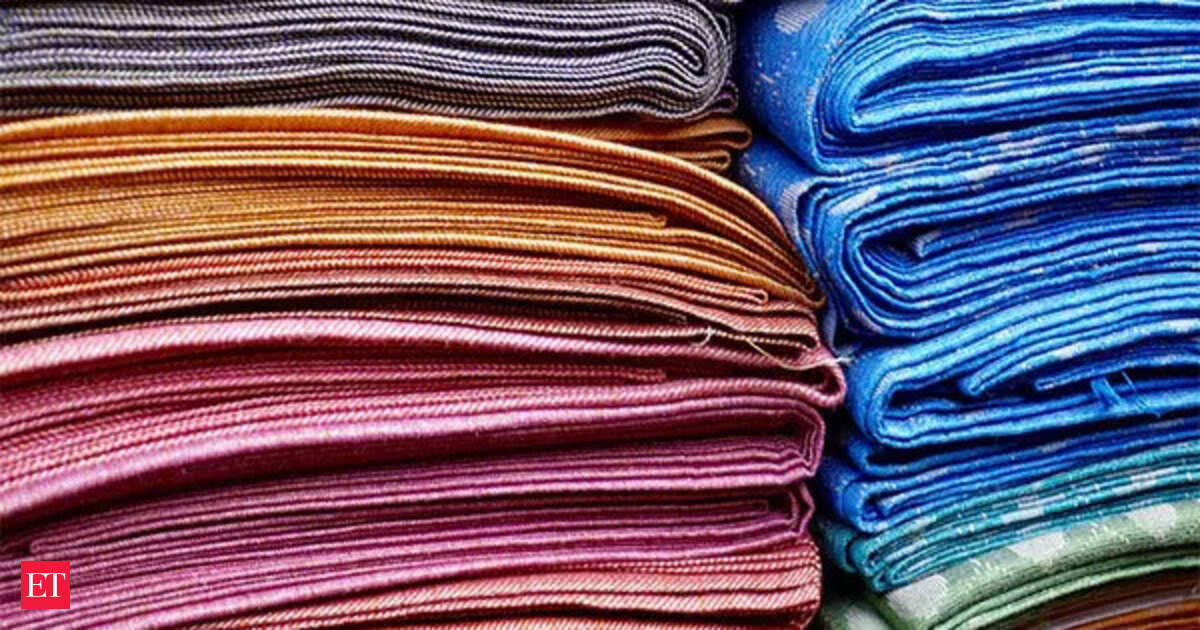The latest proposal under discussion is to permit a new ‘self-certification’ mechanism for US exporters to address India’s concern on GM-free/non-GMO status of imported items and also help ease the process, ET has learnt.
This will entail the US providing a fresh list of food crops for which ‘no GM event’ has been authorised in the country. It will also be asked to provide an online link to details of food crops for which GM events have been authorised for removing any doubts in the minds of Indian authorities when considered for imports.
A GM event refers to insertion of a new DNA into the plant genome to change its characteristics.
India’s 2021 order on GM crops states that imports of 24 listed products such as grains, oilseeds, fruits, and vegetables require a GM free/non-GMO certificate, involving a health certificate and another validation from the exporting country.
The US has been terming this “blanket” order a major trade barrier, alleging that it does not differentiate whether GE varieties of those 21 food crops/items are in commercial production or being exported to India at all.There is also the protracted issue of allowing US GM-based animal feed being discussed by trade negotiators on both sides.While there is slower progress on the strong US pitch to allow GM Alfalfa hay into India, an issue held up with the Department of Animal Husbandry, the other key issue of allowing imports of US corn-based genetically engineered Dried Distilled Grains (DDGs) may finally get the go-ahead, ET has learnt.
India is learnt to have proposed that once US agencies submit the required technical dossiers, New Delhi will aim to assess the phytosanitary protocol to enable imports of GE DDGS within six months, keeping with Indian rulebooks.
The US has contended that DDGS are a processed product and pose no risk to the environment and should not be treated as living modified organisms under the GM regime.
Certification & Registration
There is also considerable discussion around India’s ‘certification’ and ‘registration’ regime for import of certain ‘high risk’ items, ranging from dairy products to meat and meat products as well as poultry and fish besides infant food.
The US has held that this certificate requirement is cumbersome as it involves multiple and duplicate attestations.
While underlining the need for safety verifications in case of food items, India is learnt to have opened talks on allowing adequate transition time when implementing revised certification regimes for food and agriculture products, and concluding deliberations on such changes within a reasonable timeframe.
Similarly, India, while still underlining the need for registration of US food manufacturing facilities, could open a window for them to directly apply to regulator Food Safety & Standards Authority of India (FSSAI) for self-registration for exports to India. However, in case any discrepancies are found, the issue will have to be addressed bilaterally, it is proposed.




